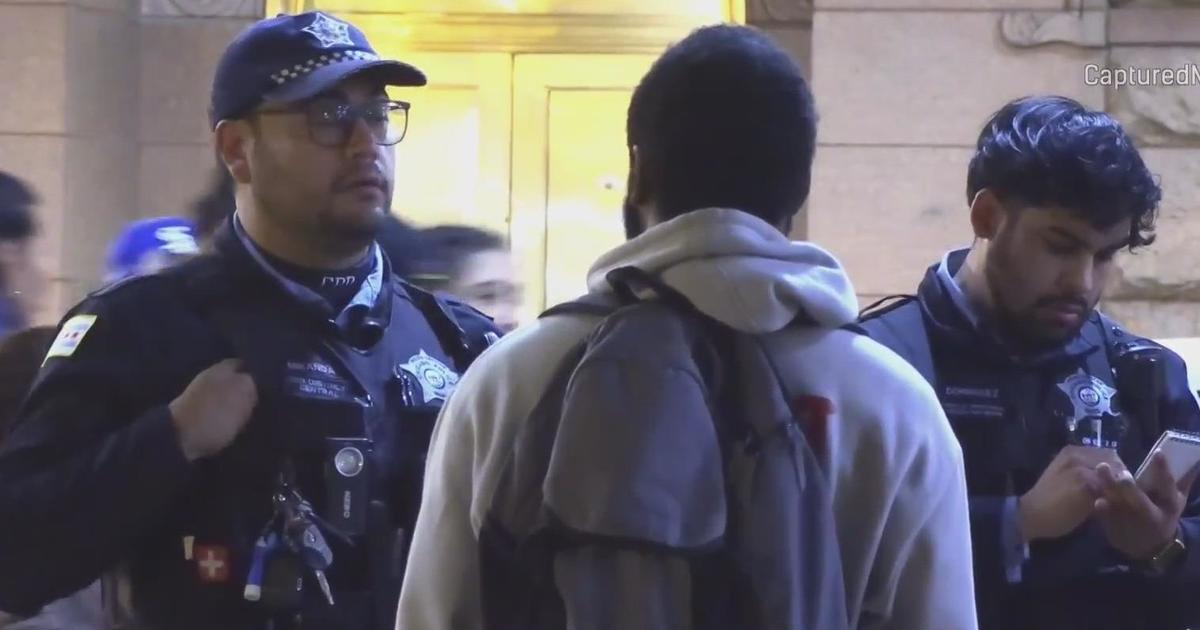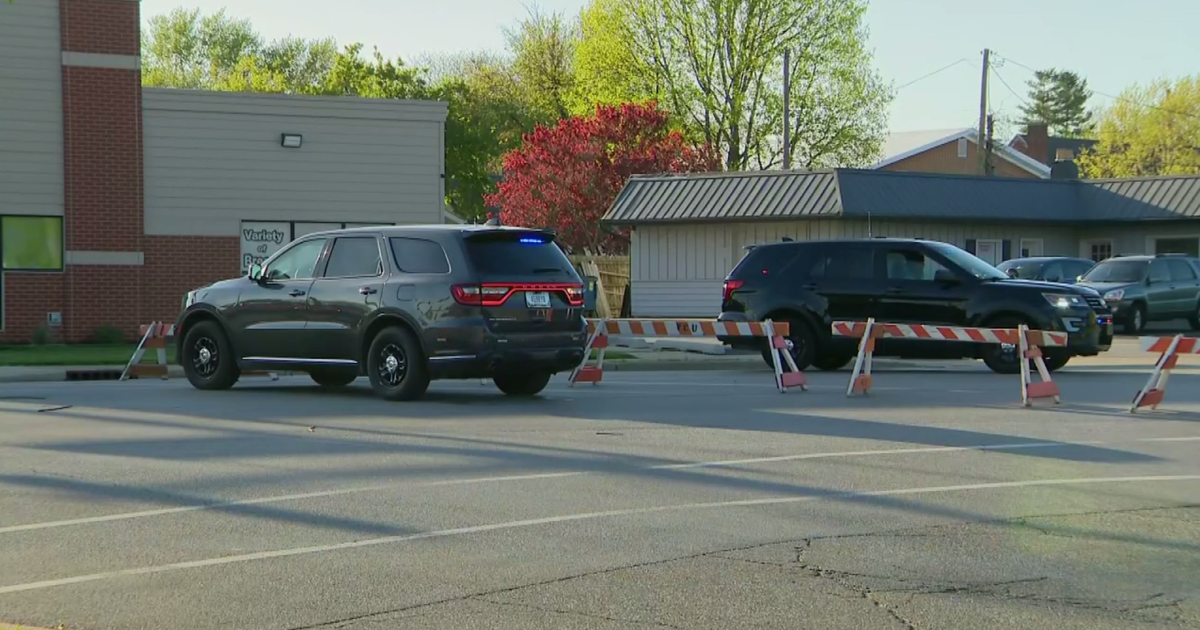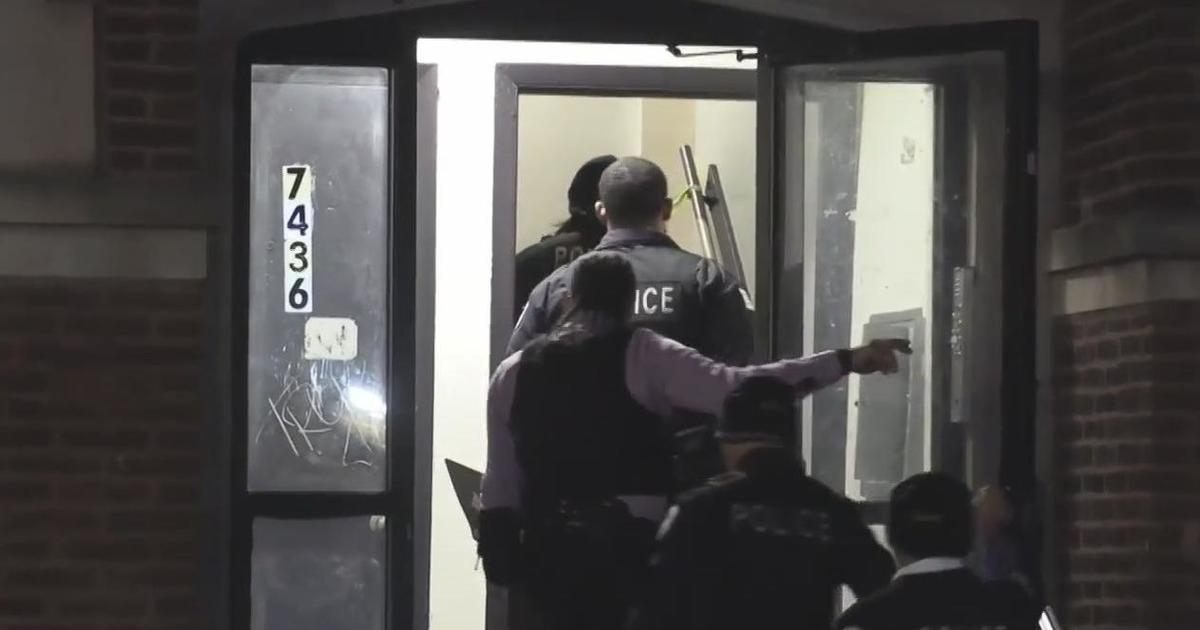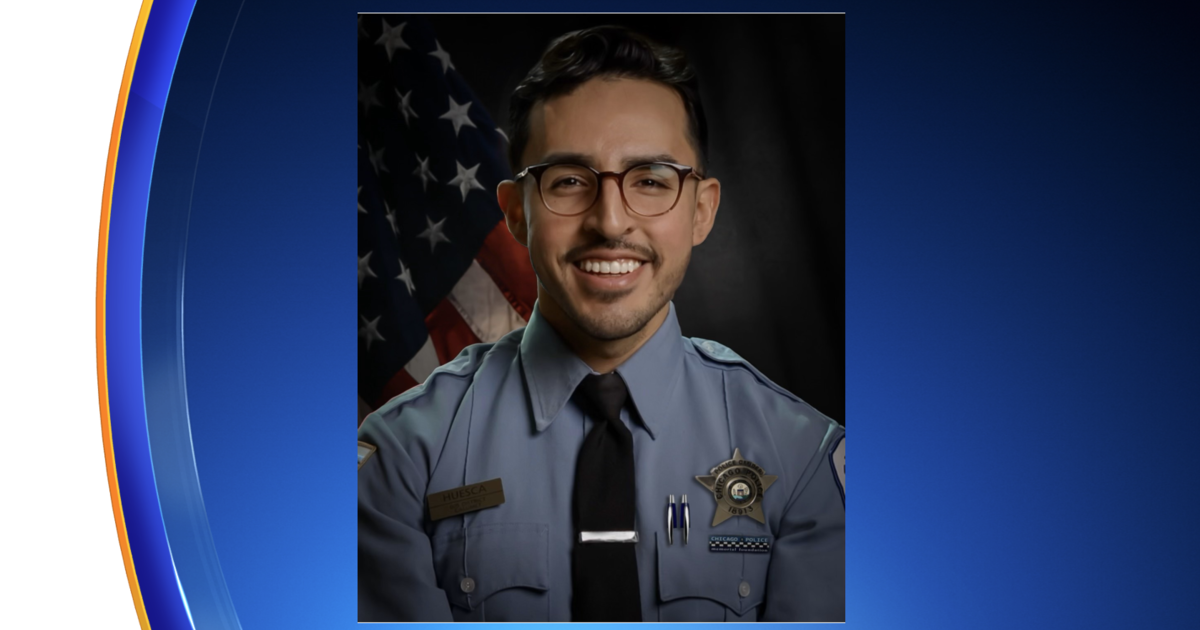Jury Says Jason Van Dyke Should Not Have Testified About Shooting Laquan McDonald; 'He Messed Up'
CHICAGO (CBS) -- Jason Van Dyke took the stand in his own defense at his murder trial, but jurors who convicted him of second-degree murder and aggravated battery said they believed he made a mistake, and was not a credible witness.
"I felt he shouldn't have. He messed up," said Juror 245, an African-American woman. "His testimony wasn't credible to me. I felt like he was trying to remember stuff that he said that maybe wasn't true, and he wanted to make sure he didn't trip hisself up. So I didn't really feel his testimony was credible."
Other jurors agreed that they didn't trust Van Dyke's testimony.
"I didn't think he should have testified," said Juror 252, a woman who appeared to be of mixed race, who was an alternate juror not involved in the deliberations. "He only remembered what he wanted to."
Juror 243, a white man, said while the jury believed Van Dyke might have felt he was doing the right thing by shooting McDonald, overall he didn't trust the officer's testimony.
"It felt like it was a rehearsed situation, and I didn't quite trust that," he said.
RELATED: FOP President Says Van Dyke Will Appeal | William Calloway, Activist Who Pressed For Laquan McDonald Video Release: 'It Was Because Of God We Got Justice' | Jason Van Dyke, Laquan McDonald Trial Verdict: What We Know | Jury Convicts Jason Van Dyke Of Second-Degree Murder, 16 Counts Of Aggravated Battery In Death Of Laquan McDonald
The jurors said it was a privilege to serve, and the were proud of the work they did to reach a verdict.
"I feel that we gave a good verdict. We looked at all of the evidence, and we ruled on it accordingly," said Juror 245.
Juror 243 said the jury settled on a second-degree murder conviction because they believed Van Dyke genuinely felt he was justified, but they thought a trained police officer should not have shot McDonald in that situation. Van Dyke had testified that McDonald was moving toward him and had swung a knife in his direction, prompting him to fire, but prosecutors argued Van Dyke had made up his mind to shoot McDonald even before getting out of his vehicle, and tried to justify an illegal shooting after the fact.
"In Mr. Van Dyke's mind, he was doing the right thing. He was experiencing an extreme threat. In his mind, that's how he was experiencing it, and he felt like he needed to protect himself," Juror 243 said. "We realized that, as a police officer, a trained officer who'd been doing his work for about 20 years, that he should have realized what the situation was, and instead of escalating the situation, should have looked at other options. For example, just taking the time to back away, or just the patience to wait for other vehicles to get there. A vehicle with a Taser, specifically. Instead of escalating the situation, he should have de-escalated."
Juror 245 added that Van Dyke didn't take enough time to assess the situation after he arrived at the scene, noting he shot McDonald only six seconds after getting out of his car.
"He was a trained professional of 20 years. To me, he should have thought more carefully about the situation, and the time in which that he got out of the car before he started shooting," she said.
Juror 245 said, despite agreeing Van Dyke believed he was protecting himself, they never seriously considered voting to acquit him, and the majority of the jury leaned toward a murder conviction from the start.
Juror 253, who asked not to be shown on camera, said one turning point for most of the jury was when a defense psychologist who interviewed Van Dyke after the shooting revealed Van Dyke had discussed shooting McDonald with his partner before arriving on the scene.
Dr. Laurence Miller, a police psychologist, testified McDonald questioned why other officers hadn't shot McDonald after he punctured a squad car tire.
"Why didn't he shoot them if he's attacking them," Van Dyke asked his partner, according to Miller.
Van Dyke also told Miller he thought he might have to use deadly force as he was about a block away from the scene.
"Oh my God, we're going to have to shoot the guy," Van Dyke told Walsh, according to Miller.
Juror 253 said that testimony was crucial to their verdict.
"I think there was a pause. I think we all wrote down notes on that one, and I think that was kind of a changing point," she said.
The jury said they started their deliberations by weighing the first-degree murder charges.
Juror 248, who also asked not to be shown on camera, said they started deliberations by taking a blind straw poll, with seven jurors voting guilty, two voting not guilty, and three undecided.
Jurors were unable to reach a verdict on any charges the first day of deliberations on Thursday, but were able to come to a consensus Friday morning after sleeping on it.
"The deliberations were, I think they couldn't have been better, because we listened to each other, we respected what each other said. When somebody was questioning something, we let them ask their questions, and we worked with it until we all came to a consensus," Juror 243 said. "When that consensus was made, we all realized we'd made the right decision."
As for finding Van Dyke not guilty of official misconduct, jurors said they felt it was consistent with convicting him of second-degree murder, rather than first-degree, in that he believed his actions were justified, even if that belief was not reasonable.
"We felt he had the right to carry the weapon, and he had the right to use his weapon, because he's a policeman, he's a police officer. So he had that right. So we had to say not guilty on that," Juror 245 said.
The jury also said the multiple witnesses who testified about previous violent encounters with Laquan McDonald did not move them to consider acquitting Van Dyke of murder.
"Even though you're not an innocent person, you don't deserve to die. You don't deserve something like that," Juror 241 said.



